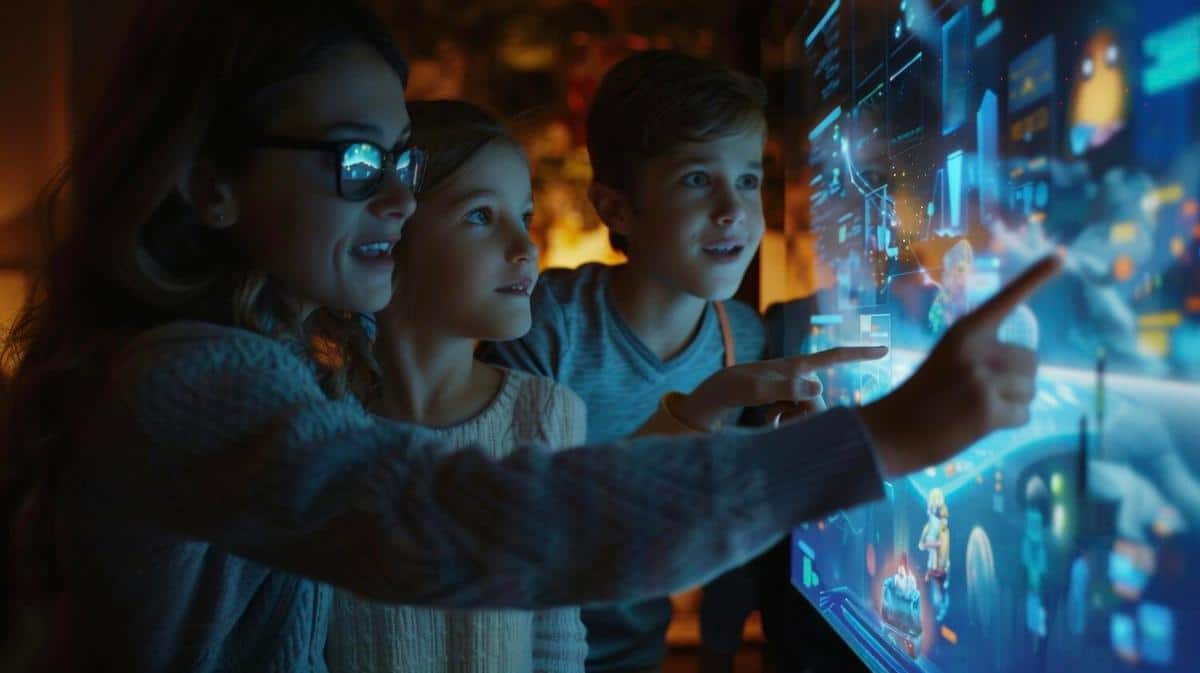
How Screen Time Impacts Your Mental Health
In a world increasingly dominated by digital devices, understanding the impact of screen time on mental health is more crucial than ever. With screens being a central part of our daily lives, from work to entertainment, it’s essential to explore how this constant exposure affects our mental well-being.
Understanding Screen Time and Mental Health
Screen time refers to the amount of time spent using devices with screens such as smartphones, tablets, computers, and televisions. While these technologies offer numerous benefits, excessive use can lead to mental health challenges. The American Psychological Association highlights that prolonged screen exposure is often linked to symptoms of anxiety and depression.
Expert Opinions
Dr. Lisa Damour, a clinical psychologist, notes that while screen time itself isn’t inherently harmful, it’s the content and context that matter. “It’s important to consider what people are doing on their screens,” she says.
Research Findings
Recent studies indicate a correlation between high screen time and increased levels of stress and sleep disturbances. A study published in the Journal of Adolescence found that teenagers who spent more than three hours a day on screens were more likely to experience mental health issues.
Personal Experiences
Take Alex, for instance, who found that his mood drastically improved after reducing his screen time. By setting limits and finding alternative activities, Alex noticed a significant decrease in his anxiety levels.
Actionable Tips
- Set specific time limits on daily screen use.
- Engage in regular physical activities to balance screen time.
- Prioritize face-to-face social interactions.
- Implement tech-free zones at home.
Comparison of Screen Time Impact
| Screen Activity | Potential Impact |
|---|---|
| Social Media Scrolling | Increased anxiety, FOMO |
| Video Gaming | Potential for addiction, reduced physical activity |
| Online Learning | Improved skills, but risk of eye strain |
| Streaming Videos | Relaxation, but possible sleep disruption |
| Work-Related Screen Use | Productivity, yet potential burnout |
| Reading E-books | Knowledge gain, but eye strain risk |
| Video Conferencing | Connectivity, with fatigue risk |
| Digital Art Creation | Creativity boost, but sedentary lifestyle |
Frequently Asked Questions
How much screen time is too much?
While there’s no one-size-fits-all answer, experts suggest keeping recreational screen time under two hours per day for optimal mental health.
Can screen time affect sleep?
Yes, excessive screen time, especially before bed, can interfere with sleep patterns due to blue light exposure.
Conclusion
In conclusion, while screens are an integral part of modern life, mindful usage is key to maintaining mental health. By setting boundaries and prioritizing real-world interactions, you can mitigate the negative effects of screen time. Consider evaluating your own screen habits and make adjustments for a healthier mental state.


